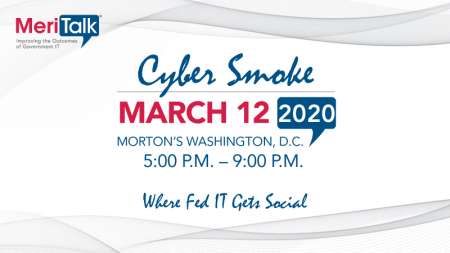
Sen. Angus King Jr., I-Maine, co-chair of the U.S. Cyberspace Solarium Committee that is set to release recommendations next week on how to better defend the U.S. against cyber threats, indicated today that Federal government coordination and new thinking about deterrence will be among the report’s major findings.
The committee’s report set for release on March 11 will contain dozens of recommendations, according to members of the committee who previewed the report’s broad findings last week at the RSA security conference.
In remarks today at an event organized by the Center for Strategic and International Studies, Sen. King confirmed the gist of that report preview, and focused on government coordination and deterrence as policy areas that need to be reworked.
“We have diverse authorities [in government], but there is no real structure to how we resolve the cyber threat,” he said. Sen. King said the Federal government was doing a “good job” dealing with threats, but also pointed to “a lack of coordination and emphasis in certain areas.”
“We have not had a clear doctrine of deterrence” against cyber adversaries, the senator said, like the deterrence strategy that has worked to prevent use of nuclear weapons since the end of World War II.

“It’s a little more complicated and subtle in the cyber field,” he said, and for attacks that fall short of catastrophic damage the practical degree of deterrence has been “very low.”
“How to define deterrence below the use of force . . . it’s been difficult, it gets very complicated,” he said.
Even with policy changes, “we are never going to get to the point where no one attacks us, because it’s cheap” to conduct cyber attacks, Sen. King said. “It’s a low-cost way to sow chaos against your enemies…We need to understand that whatever defense we do is incredibly important, but it won’t be enough,” he said.
